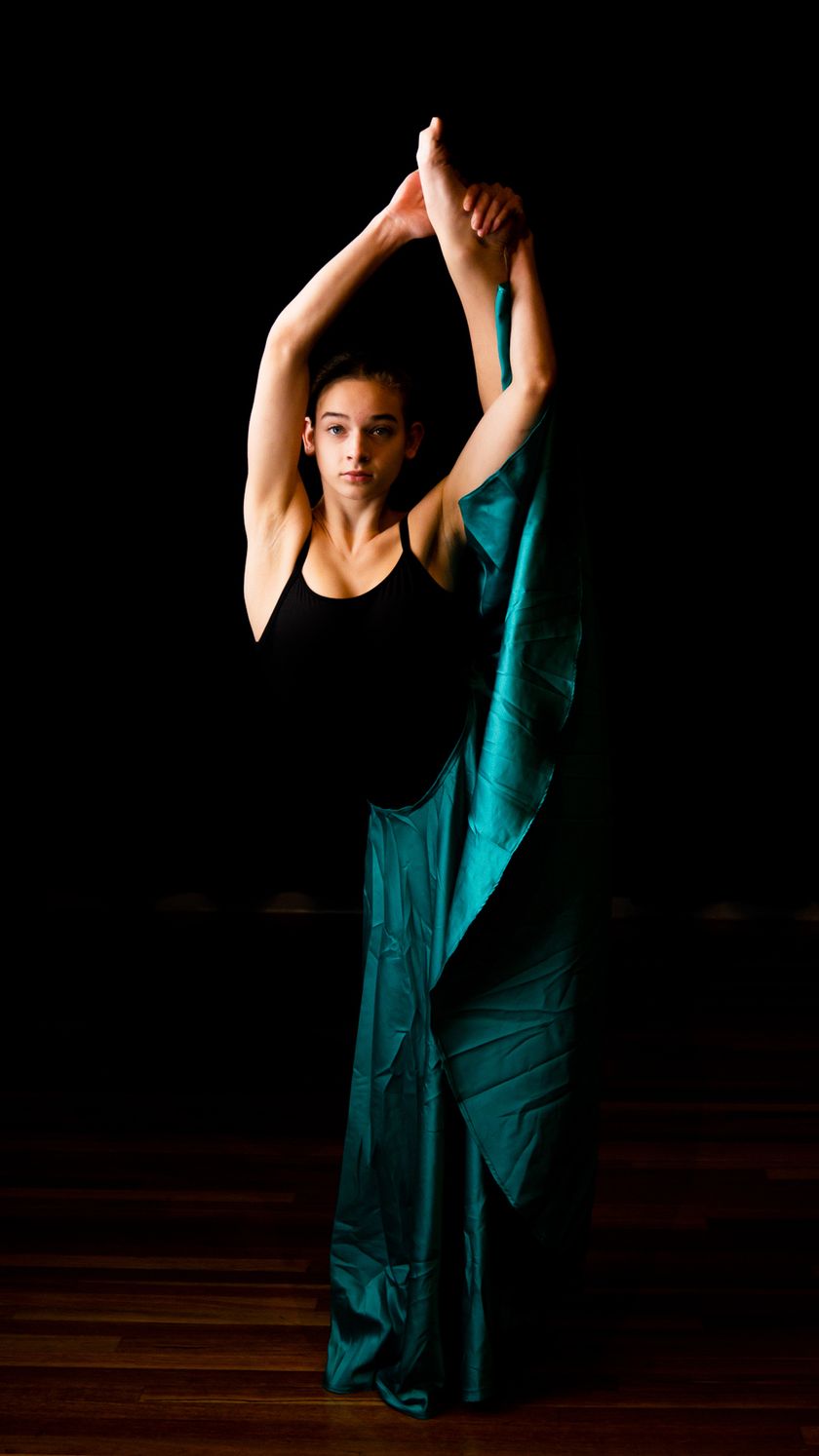

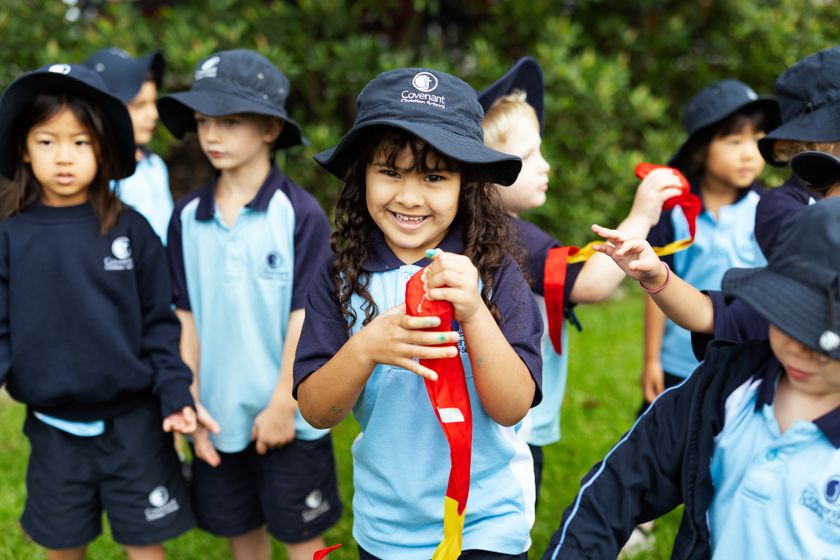
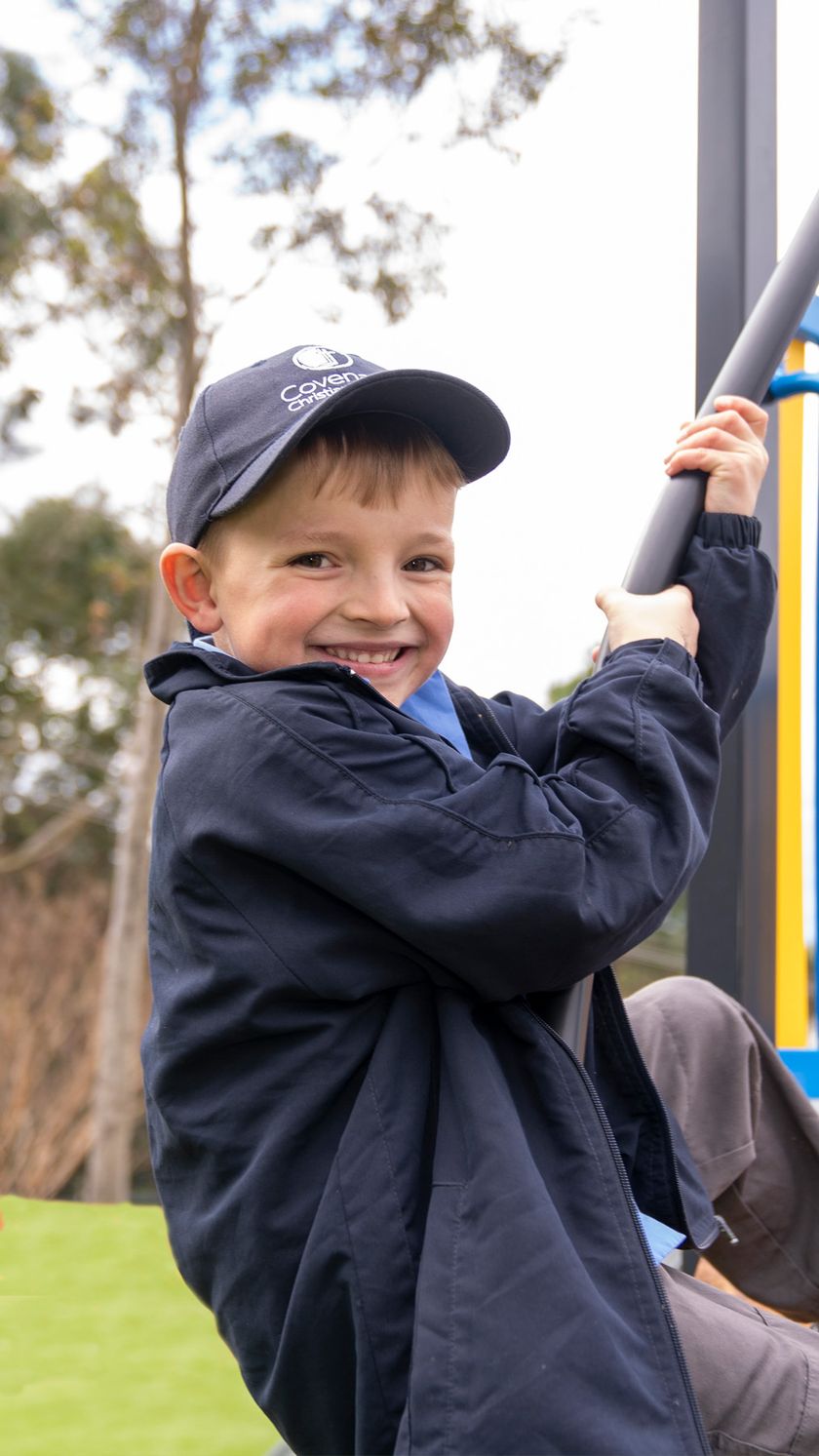
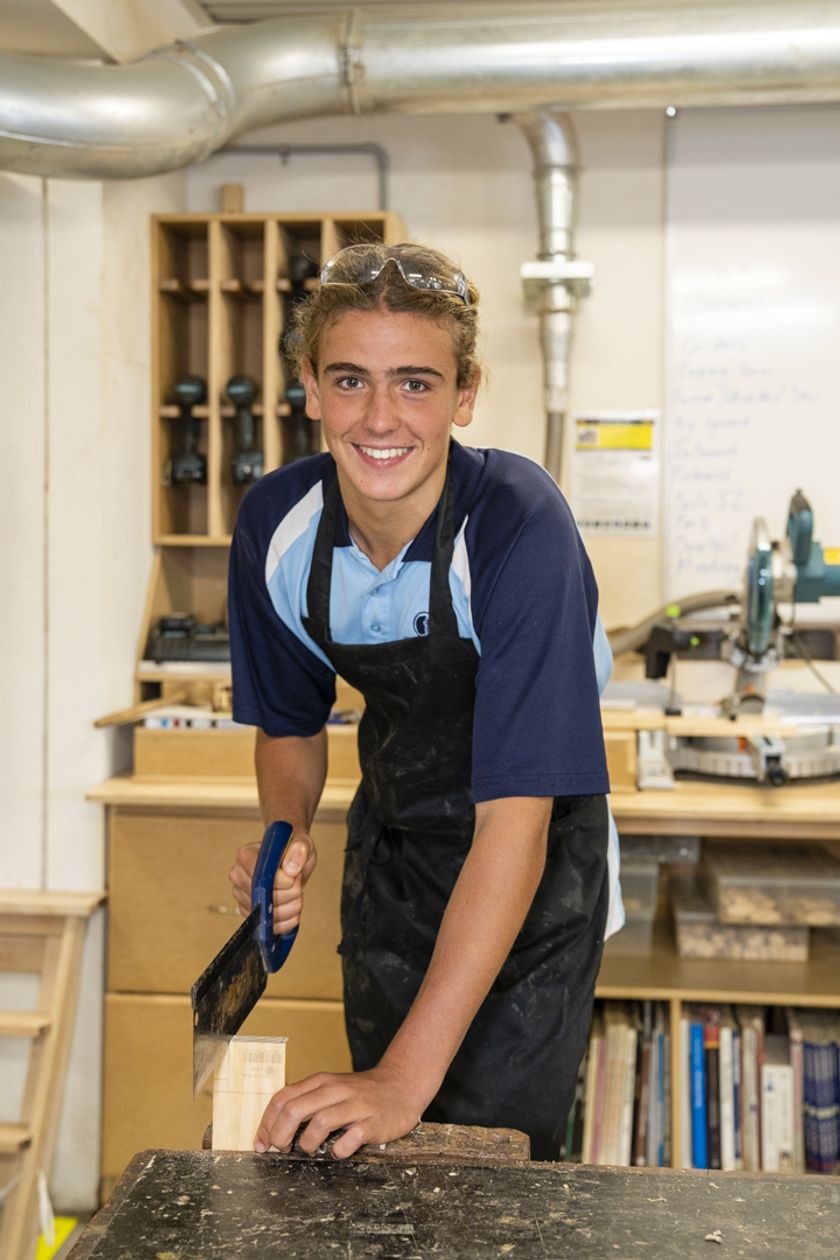

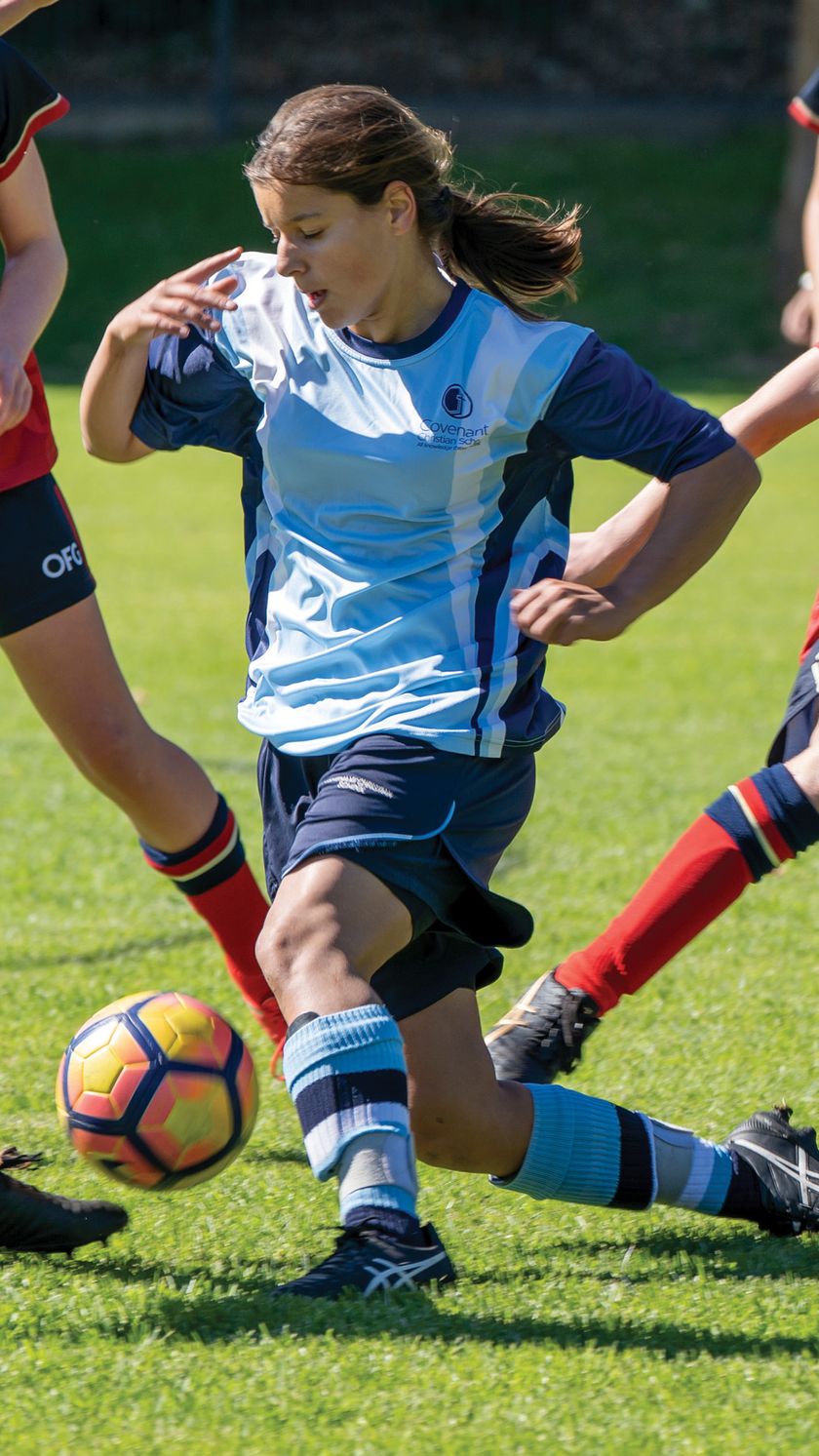
From playgrounds to classrooms, your child’s school years will shape so much of who they become. That’s why choosing between a public and private school can feel like such a big decision.
Each has its own strengths, from accessibility and diversity to personalised learning and values-based education. But how do you decide which path is right for your family? And more importantly, is a private school worth it for your child’s future?
If you’re a parent in Sydney’s Northern suburbs, this guide will walk you through the differences between public and private schools, helping you make a confident, informed choice.
Before diving into the differences, it helps to understand how Australia’s education system is structured. Broadly, there are three main types of schools:
1. Public (Government) Schools – Funded and managed by the state or territory government. These schools are open to all students and usually give priority to families living within a set catchment area.
2. Private (Independent) Schools – Run by independent boards or organisations. They charge tuition fees and often provide additional programs, smaller class sizes, and more flexibility in teaching methods.
3. Religious-Based Schools – These schools are privately managed and include both Catholic and Christian schools, among others. They combine academic learning with faith-based education and values, but differ in religious focus and affiliation.
Catholic Schools – A significant part of the private education sector, Catholic schools integrate Catholic traditions, teachings, and community values with education. They are generally more affordable than other private schools, offering strong academic programs and inclusive environments open to students of all faiths.
In Australia, all schools work off the same national curriculum from Kindergarten to Year 10. This is to make sure that no matter where you live, every student is learning the same core content and is held to the same standard.
Here in New South Wales, the curriculum is managed by NESA (the NSW Education Standards Authority). They take the national framework and adapt it for all schools in the state.
For the senior years (11 and 12), NESA is completely in charge, setting the curriculum for the Higher School Certificate (HSC). So, while the national body provides the foundation, NESA sets the standards here in NSW.
In the next few sections, we’ll unpack each of these and explore what makes public and private schools distinct — so you can decide for yourself whether private schools are better than public ones and which system best fits your family’s needs.
Public schools are the foundation of Australia’s education system, and for many families, they’re a trusted, affordable, and community-driven choice.
These schools are fully funded and managed by the government, which means tuition fees are minimal. Enrolment is usually based on where you live, so children attend a school within their local catchment area, making it convenient and familiar.
Public schools are known for their diverse student communities, strong sense of inclusivity, and opportunities for students to connect with peers from different backgrounds. Many also offer extracurricular activities such as sports, music, and debating clubs, giving students a well-rounded experience.
That said, the experience can vary depending on location. Some schools have access to more resources, smaller classes, or specialised programs, while others may face challenges like larger class sizes or limited funding for activities.
For many families, though, public schools provide an excellent education — especially in suburbs where they’re well-supported by the local community.
In the next section, we’ll explore how private schools differ from public ones, from class sizes and facilities to their focus on values and personalised learning.
Private schools, sometimes called independent schools, offer a more tailored approach to education. While they receive some government support, most of their funding comes from tuition fees, which allows them greater flexibility in how they operate.
One of the main draws for families is smaller class sizes, which often mean more individual attention and stronger relationships between teachers and students. Many private schools also provide specialised programs in music, arts, sports, and leadership, helping children explore their talents beyond academics.
Another key difference is their values based environment. Many private schools are faith based, integrating moral and spiritual development alongside academic learning. At Covenant Christian School, this is at the very heart of what we do. We partner with families in the nurture of their children, we are seeking to grow resilient, passionate and faithful followers of Jesus who are equipped to live for His glory.
Private schools also tend to have modern facilities, a broad co-curricular calendar, and strong pastoral care systems that support students’ emotional wellbeing. The trade-off, of course, is cost. Tuition fees and related expenses can vary widely between schools — leading many parents to ask, is private school worth it?
For families who value a holistic, values-driven education and a close-knit community, the answer is often yes. Private schools can offer a deeply rewarding experience that extends far beyond academics.
Catholic schools sit somewhere between public and private education. They’re part of the private system but are usually more affordable than independent schools. Funding comes from a combination of government support, church contributions, and modest school fees.
These schools offer a faith-based education grounded in Christian values, while still following the national curriculum. Many families choose Catholic schools for their strong sense of community, emphasis on moral development, and commitment to academic excellence.
For parents seeking a school that blends spiritual growth with quality education at a more accessible cost, Catholic schools can be an excellent option.
Christian schools are independent schools that partner with families seeking an education where faith is woven into the very fabric of learning. While Catholic schools are part of a larger system, Christian schools are typically run by independent organisations and can be non-denominational or affiliated with a specific church.
The defining feature is that a Biblical worldview is the lens through which every subject is taught—from science and history to the arts. This creates a cohesive environment where academic rigour and spiritual growth go hand-in-hand.
For families who want every aspect of their child's development to be shaped by Christian values and teaching, a Christian school is often the perfect fit.
Next, we’ll look at the key differences between public, Catholic, Christian and private schools side by side to help you compare them more easily.
| Aspect | Public Schools | Catholic Schools | Christian Schools | Private (Independent) Schools |
|---|---|---|---|---|
|
Funding
|
A mix of government funding, church support, and parent fees.Almost entirely government-funded.
|
A mix of government funding, church support, and parent fees.
|
Primarily funded by parent fees, with partial government support.
|
Primarily funded by high tuition fees and private endowments.
|
|
Fees
|
Free for permanent residents, with voluntary contributions.
|
Moderate fees, making them a more affordable private option.
|
Fees vary, typically positioned between Catholic and elite private schools.
|
Highest fee bracket, often with significant additional levies.
|
|
Curriculum
|
Follows the standard NSW curriculum set by NESA.
|
Follows the NSW curriculum, integrated with Catholic faith and traditions.
|
Follows the NSW curriculum, taught through a Biblical worldview.
|
Offers the NSW curriculum, often with enrichment programs, IB, or a wider range of electives.
|
|
Values & Ethos
|
Secular and inclusive of all backgrounds.
|
Grounded in Catholic faith, with a strong focus on community and service.
|
Christ-centered, with a focus on developing character and faith in partnership with families.
|
Varies widely; can be secular, philosophy-based, or have a specific religious affiliation.
|
|
Class Size
|
Generally larger, varies by school and location.
|
Typically moderate, often smaller than public schools.
|
Often smaller, fostering a strong sense of community and individual attention.
|
Generally the smallest class sizes.
|
|
Admissions
|
Based on your residential "catchment" area.
|
Open to all, with some preference for Catholic families.
|
Open to all families who align with the school's values and mission.
|
Often highly selective, requiring applications, interviews, and sometimes entrance exams.
|
Each school type offers a unique strength. Public schools provide accessibility, Catholic schools offer a strong community at a manageable cost, Christian schools offer a strong community as well, focusing on an integrated Biblical worldview, and other private schools deliver extensive programs and resources.
With so many great options, choosing the right school can feel overwhelming. The truth is, there’s no one-size-fits-all answer. What matters most is finding a school where your child feels supported, engaged, and inspired to grow.
Here are a few things to consider as you weigh your options:
Your family’s values: Do you want your child’s education to include faith-based learning, or would you prefer a secular environment?
Budget and affordability: Consider tuition fees, uniforms, excursions, and travel costs. Some schools also offer scholarships or fee assistance programs.
Class sizes and teaching style: Smaller classes can mean more individual attention, but every child learns differently. Visit classrooms to see what feels right.
Community and culture: A school’s atmosphere matters as much as its academics. Pay attention to how students interact and how teachers engage with them.
💬 Tip: Attend open days or school tours. They’re a great way to experience the school’s culture firsthand and ask the question every parent wonders — are private schools better than public in practice, and what truly sets them apart?
If you’ve ever spoken with parents around Sydney’s Northern suburbs, you’ll notice one thing right away — everyone’s talking about schools. From comparing catchment areas to swapping tour experiences, education here isn’t just a priority; it’s part of everyday life.
And for good reason. The Northern suburbs are home to some of New South Wales’ best schools, both public and private. Families here take pride in finding the right fit — a school that balances strong academics with care, community, and character.
Public schools like Killara High and Chatswood High are known for their excellent results and supportive learning environments. On the other hand, private and faith-based schools such as Covenant Christian School in Belrose, Knox Grammar, and Ravenswood offer smaller classes, individual attention, and values-based education that shapes students well beyond the classroom.
What’s interesting is how the definition of “a good school” is changing. Parents today are looking for more than just high marks. They’re asking questions like:
Will my child feel supported and confident here?
Does this school align with our family’s values?
Is private school worth it in the long run?
Is my child being prepared for life, not just exams?
why many schools in the Northern suburbs now focus on:
Wellbeing and belonging: Building confidence and emotional strength alongside academics.
Future-ready learning: Encouraging creativity, curiosity, and problem-solving through hands-on programs.
Faith and purpose: Helping students understand who they are and what they stand for.
Outdoor learning: Making the most of nearby bushland and beaches to teach leadership and environmental responsibility.
Education in Sydney’s Northern suburbs is about much more than report cards. It’s about helping children discover who they are, and who they can become. Whether you prefer a public, Catholic, or private school, this region offers a wide range of options for families who believe learning should grow both the mind and the heart.
Australia’s education landscape is evolving. Over the past two decades, more families have been enrolling their children in private and Catholic schools, even when public options are available. This shift reflects a deeper change in how parents view education, not just as a system for learning facts, but as a partnership in shaping who their children become.
Research suggests that parents increasingly choose schools based on values, wellbeing, and trust. They are seeking safe, community-oriented environments that nurture both academic and personal growth. Independent and faith-based schools have responded to this shift by offering more accessible fee structures and programs focused on character development and belonging.
Meanwhile, public schools continue to play a vital role in ensuring access and equity, particularly for regional and diverse communities. Their inclusivity and community strength remain central to Australia’s education identity.
Still, the growing preference for private and faith-based schools highlights one thing clearly: families want education that feels personal, purposeful, and future-focused. They’re asking questions like are private schools better than public and is private school worth it, not just for grades, but for the kind of adults their children will become.
At Covenant Christian School, learning is rooted in this very belief. We combine academic excellence with Christian faith, parent partnership, and a focus on nurturing each child, shaped by the knowledge that they are known and loved by God.
Choosing a school is ultimately about finding the right fit for your family’s story. It’s about aligning your hopes for your child with a place that shares your values and helps them flourish in every sense of the word.